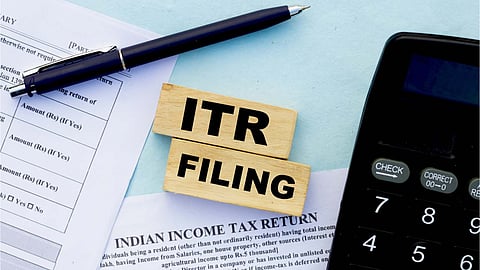

The individuals, salary taxpayers, and non-audit taxpayers, will have the last date for furnishing Income Tax Returns (ITR) for the financial year 2024–2025 (assessment year 2025–26) is now officially extended to September 15, 2025.
For business taxpayers who are duty-bound to get their accounts audited, however, the due date is later, on 31st October 2025. For those organizations engaged in international or designated domestic transactions that entail transfer pricing reports, too, the return has to be submitted by 30th November 2025. If a taxpayer does not meet these deadlines, he or she can still submit a belated or amended return, but no later than 31st December 2025. A revised return, however, may be submitted at any time before 31st March 2030, four years from the close of the applicable assessment year.
As far as extensions are concerned, in spite of appeals made by numerous taxpayers and professionals for an extension beyond the proposed September 15 deadline, the Income Tax Department has yet to make any announcement on further extending the deadline. Taxpayers are thus strongly encouraged to file their returns as of now to avoid any penalties.
Interest at the rate of 1% for a month or part of a month is charged on any unpaid tax from the original due date if a return is filed later than the due date, according to Section 234A of the Income Tax Act. Also, under Section 234F, a late filing charge of a maximum Rs. 5,000 can be levied; however, if the aggregate income is less than Rs. 5 lakh, this charge is lowered to Rs. 1,000. Another significant effect of failing to meet the deadline is that losses arising from capital gains, business, or other heads cannot be brought forward to subsequent years if the return is not submitted within the given timeframe.
In all, individuals and non-audit taxpayers are required to submit their ITR on September 15, 2025. Audited business taxpayers will now have October 31, 2025, and those under transfer pricing regulations will have the last date as November 30.
Any filing with delayed returns after these dates will be acceptable until December 31, 2025, but additional interest and penalties will be imposed. No additional deadline extension is anticipated, making timely filing imperative to prevent extra costs and forgoing benefits.